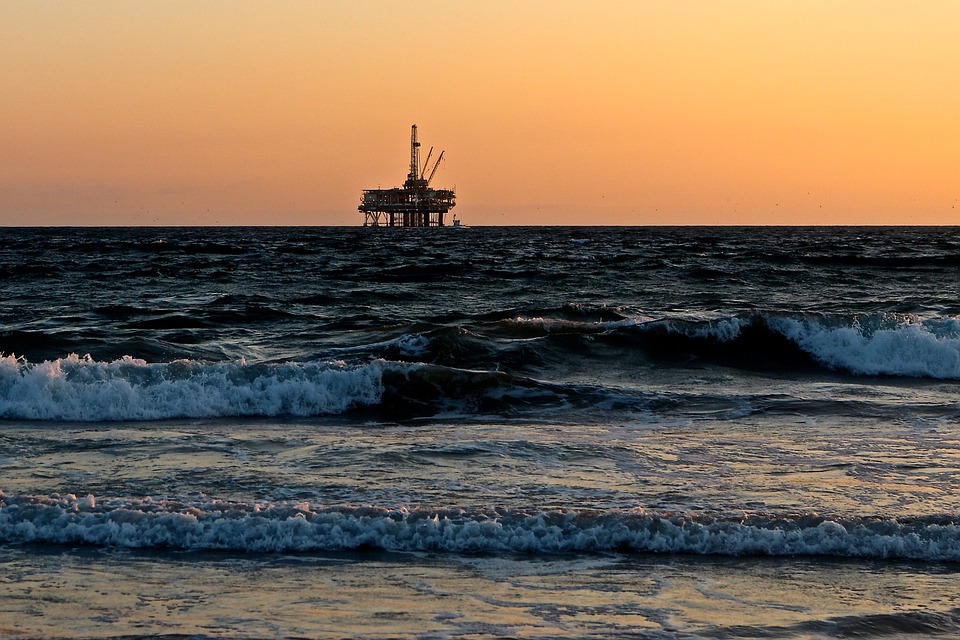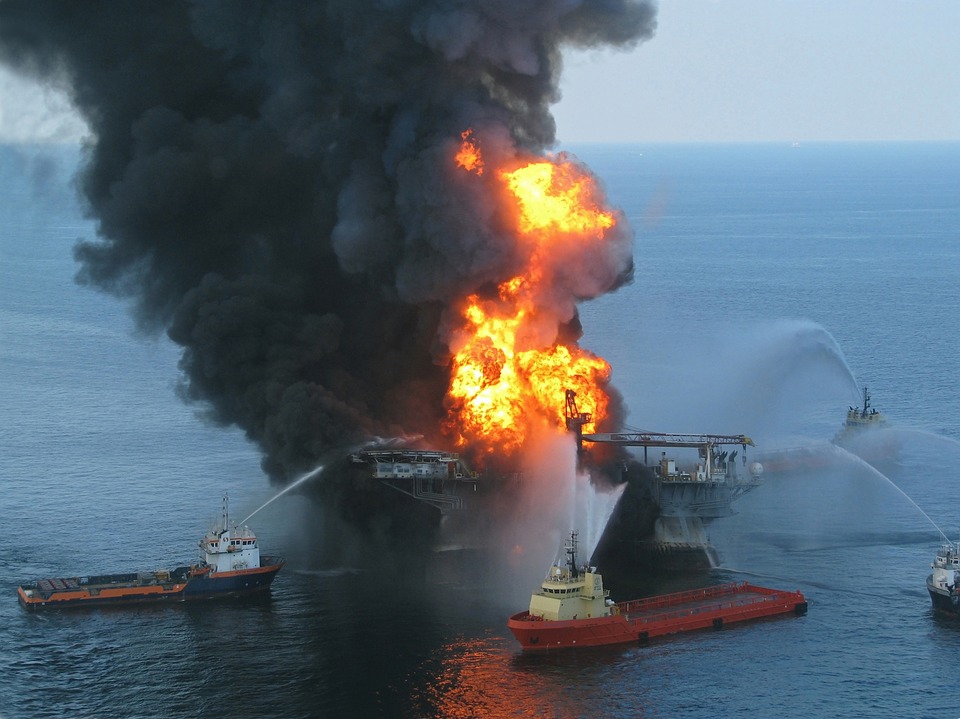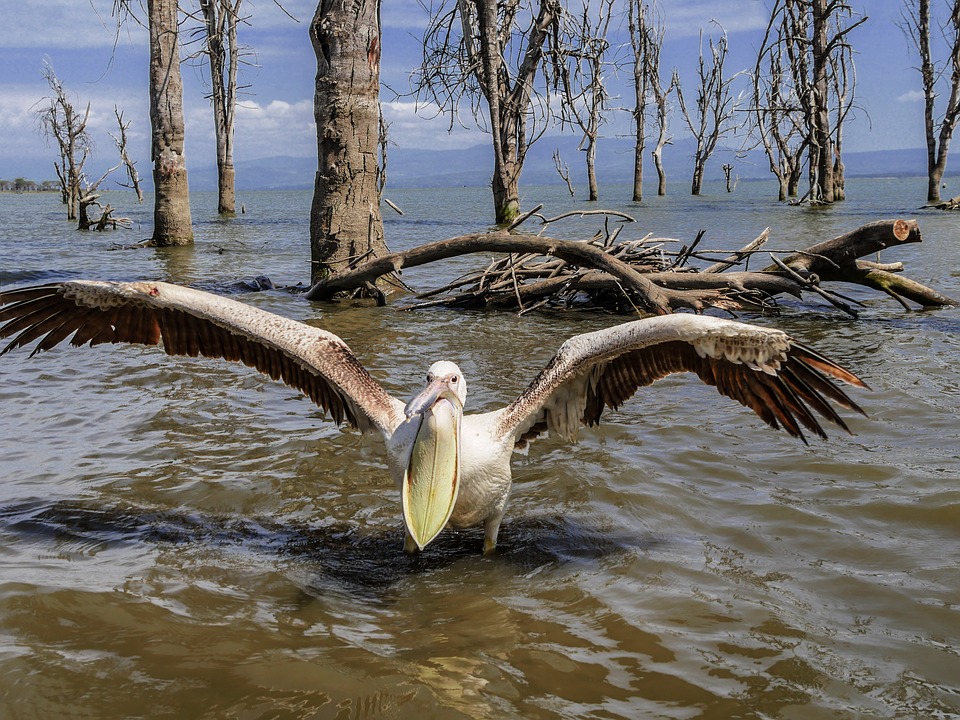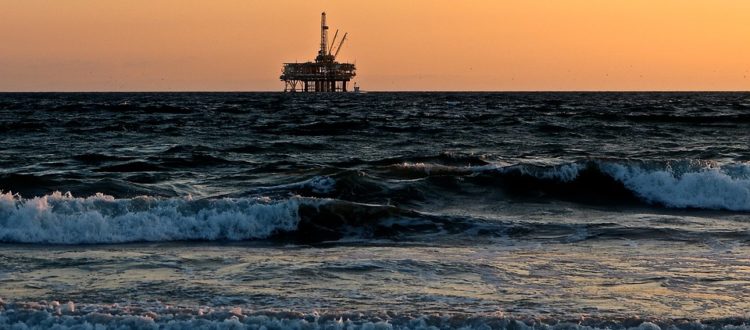Consequences and dangers of oil spills
During its history, France has experienced many oil spills : the Amoco Cadiz, in 1978, Torrey Canyon in 1987 or Erika, in 1999, are all ecological catastrophes that have deeply disrupted some French regions. But what are the consequences and the dangers ?

Oil spills that have marked history
Since 1999, the world has experienced more than 700 oil spills, many of which have occurred over the past 20 years. Tragic episodes that many affected countries have struggled to recover. Certain oil spills, the principles of which are presented below, have indeed had catastrophic repercussions :
-
Ixtoc I – 1979 – Gulf of Mexico – 470,000 to 1,500,000 tons of oil spilled : in 1979, following a bad maneuver, Ixtoc I’s oil well catches fire and expels almost all oil in the ocean… for almost 9 months ! An unprecedented environmental disaster in the form of drifting oil slicks and air pollution ;
-
Torrey Canyon – 1967 – British Coast – 120,000 tonnes of oil spilled : On March 18, 1967, the Torrey Canyon tanker ran aground off the British side. A disaster whose oil slicks will quickly affect the French coast ;
-
Amoco Cadiz – 1978 – Finistère – 267,000 tonnes of oil spilled : Amoco Cadiz is the worst oil spill in Brittany, affecting 300 kilometers of coastline ;
-
Erika – 1999 – Brittany – 30,884 tons of heavy fuel oil dumped : the biodiversity of the French coasts is heavily affected, with nearly 300,000 dead birds and 250,000 tons of waste ;

- Prestige – 2002 – Galicia Coast – 77,000 tons of heavy fuel oil spilled : in November 2017, the Spanish State announces the compensation of the parties injured by the sinking of the “Prestige”, a ship that had broken in the ocean 15 years ago, causing an unprecedented oil spill on the Basque coast, Landes and Gironde.
While the largest oil spill in history remains that of the Ixtoc I submarine, all oil spills have tragic repercussions, the most worrying of which are ecological.
The consequences of oil spills
Marine habitats are complex relationships between organisms and their environment. Damage caused by events such as oil spills compromise entire food chains. While the size of the impact depends in part on the habitat they occupy (on the coast, in the open sea…), animals are deeply affected by such phenomena.
Although cetaceans can partially protect themselves from the toxic effects of oil by swimming deeper into the oceans, thousands of whales and dolphins die after each oil spill. In 2010, for example, after the sinking of the Deepwater Horizon oil rig, more than 5,000 cetaceans were found dead, stranded on the coast.

Other birds and mammals that live near the coast are more susceptible to poisoning. The birds are also often affected by oil slicks, sticking to their feathers and causing death by hypothermia. The oil prevents them from flying, many birds also end up drowning. Surviving animals are often disorders of the nervous system, liver and lungs. Not to mention the coral reefs , inhabited by a rich ecosystem, and the collateral victims who ingest their contaminated prey.



